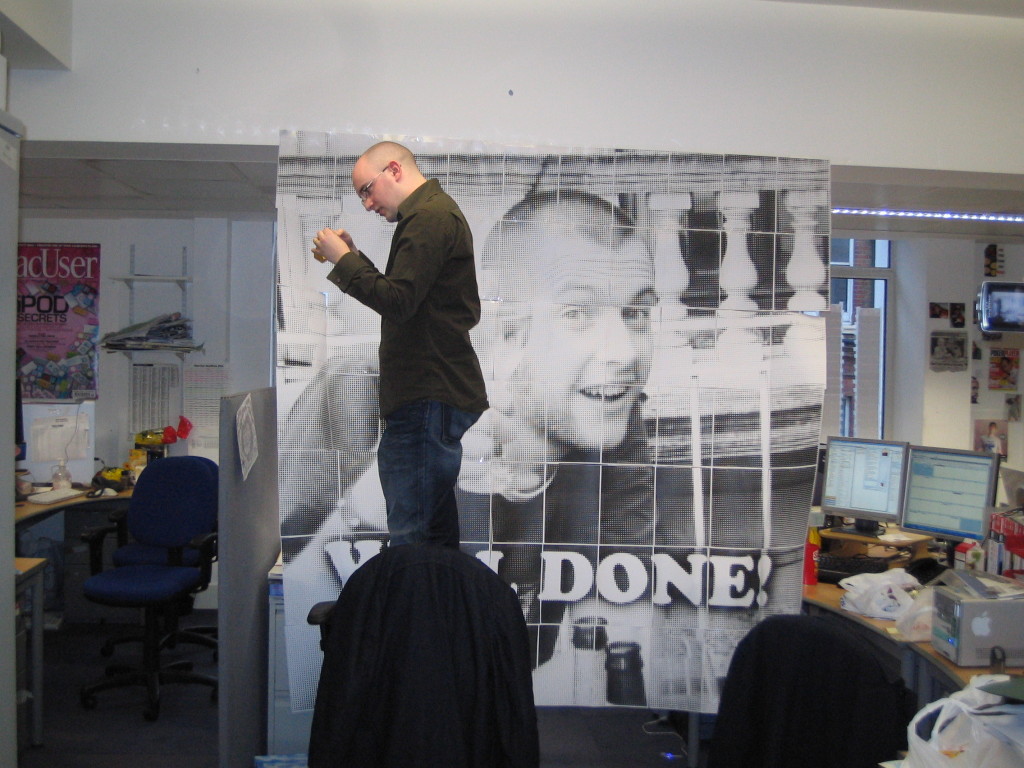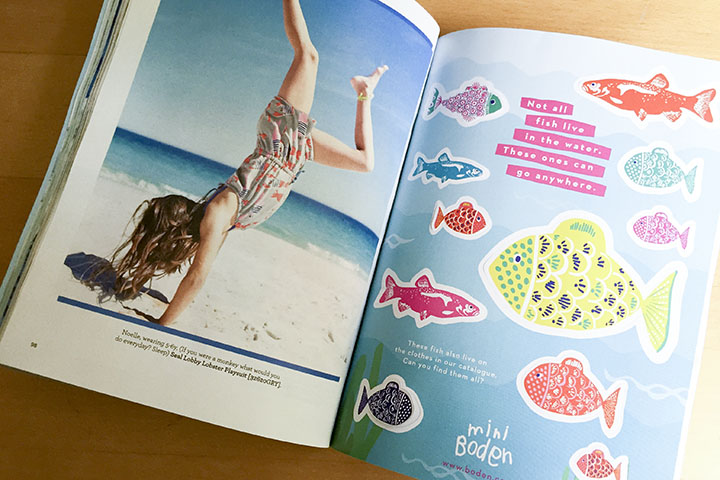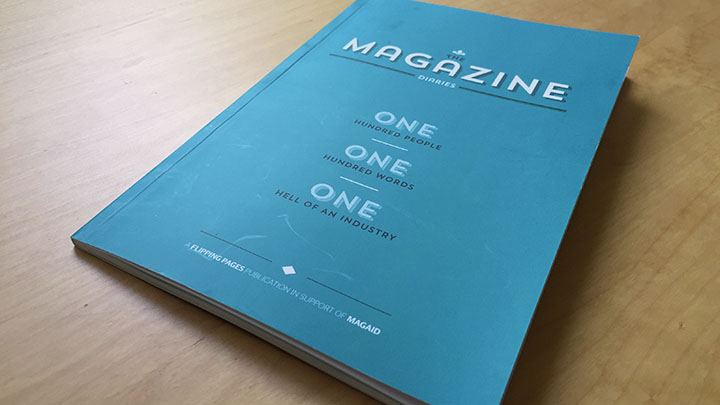I’m hugely proud to have contributed a few pieces – with more coming – to Alphr, the new website from Dennis Publishing. I’m proud because I think it’s a smart, initially counter-intuitive idea – producing what is essentially a business tech site with a consumer tech ethos, having recognised that UK IT decision-making is done by everyone, not a few thousand CTOs – and because it’s being made by some fantastic people at a company I have tremendous affection for.
When MacUser closed, I mourned the loss of an important magazine with a rich and pleasingly eccentric heritage, I worried for the people it gave employment to, but as well I was, selfishly, saddened that now finally able to write for it again, I never would. MacUser was my first job out of university, and although moving to London and learning to run my own life was challenging, and although I was a dick to many people, and although the job was demanding, and although I made countless mistakes, still, still I look back on those five years as some of the best in my life. The corporate culture at Future never sat especially comfortably with me, but the energy at Dennis truly was of the mildly anarchistic, Wild West kind that you would expect if you know to expect anything at all.
It’s always dangerously reductive to hold up one example as emblematic of something so complex as a company or its culture, but indulge me an anecdote. In the way of offices, somehow, saying “well done” to Dave Stevenson became a thing. One day, having discovered the Rasterbator, we – or possibly just I – decided to make a giant poster on this theme while Dave was in a meeting. We were part-way through taping the A4 sheets into rows and then the rows into the full poster, when our publisher, Ian Westwood, came out of his office and asked us what we were doing. We sheepishly confessed; he paused for a second then said, “Come on then! I’ll give you a hand so we can get it done before he gets out of his meeting.” We did.

Which brings us back round to Alphr, which is headed up editorially by the mensch who gave me my first job, Ian Betteridge, and the truly lovely and wicked sharp Tim Danton. I think that the same spirit I remember from my days at Dennis – the best bits of a startup mentality without all the bro shit, and an environment that encouraged experimentation, valued erudition, and above all just wanted to produce good stuff – suffuses the site. It feels fresh and vital and exciting, and it deserves every success.
Here are the first few pieces I’ve written for it that have gone live:
Everything is awesome and everyone should shut the fuck up. My original headline was slightly curtailed; probably something to do with making it fit, I imagine.
Confessions of a tech nerd: Why I buy obsolete computers. The existence of this piece will come as no surprise to anyone who reads my Think Retro column, but I’ve ever explicitly written there about why I buy vintage tech. Now I have, here.
Your laptop is an ergonomic disaster area: here’s how to fix it. We all love laptops but they don’t love us. You can, however, mitigate their ergonomic impact.





